
In conversation wiuth Akshay Singhal, Founder – Log 9 Materials Scientific Pvt. Ltd. where he spoke about aluminium fuel cells and future of electic vehicles
Interview by : Deven Lad
Q. As a startup, you thrive on challenges. How did you brave the challenges thrown your way in the pandemic?
A. Yes indeed, development was affected by the pandemic. The resources and manpower we had at our disposal had to be repurposed during the lockdown, contributing across the different portfolios. And once the lockdown was lifted we got the developments in the pipeline for the future on course.
Q. Have you emerged stronger or felt the need to add to the efficiencies much ahead then you envisioned during the pre-covid (Q3 FY2020) period?
A. I think the whole coronavirus experience brought in a commercial sense. The team began to take a holistic approach, from the development cycle to marketing and eventually the commercialisation. In a sense, we adapted to the new normal of conducting our business.
Q. How did your investors support you in your endeavour?
A. They have been supportive of all the steps we took. Fortunately, we count ourselves among the few companies who did not resort to layoffs or salary cuts.
Q. Is it true that early-stage seed funding has dipped? How has funding on the whole impacted the financial health and valuation of your company?
A. Yes, it is true that there was a dip initially. Post-July-August 2020 we touched base with our investors and since then there has been a revival.
Q. Elaborate on the application of graphene in automotive (especially at the component level for instance in the battery and aluminium fuel cell) and problem areas solved by you?
A. It has a lot of applications in panels, lubricants and in batteries owing to characteristics like high conductivity or high surface area. Even the lithium-ion batteries make use of graphene to increase their efficiency levels. It is used majorly in the aluminium fuel cell where the most crucial component is the air cathode wherein graphene helps enhance the overall efficiency.
Q. How evolved are the graphene processing and patterning technologies today?
A. Graphene is like a family of materials. There are a lot of variations when we talk about graphene in terms of structure and its chemical properties, the type of graphenes and the protocols. It depends on how you use a particular variant suited for the application since not all variants are suited to all applications. We need to find the right property for the right application. For instance, in aluminium fuel-cells, you require conductivity of graphene, surface and hydrophobicity (water-hating).




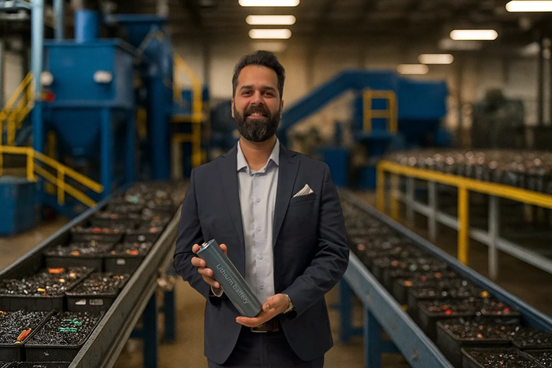

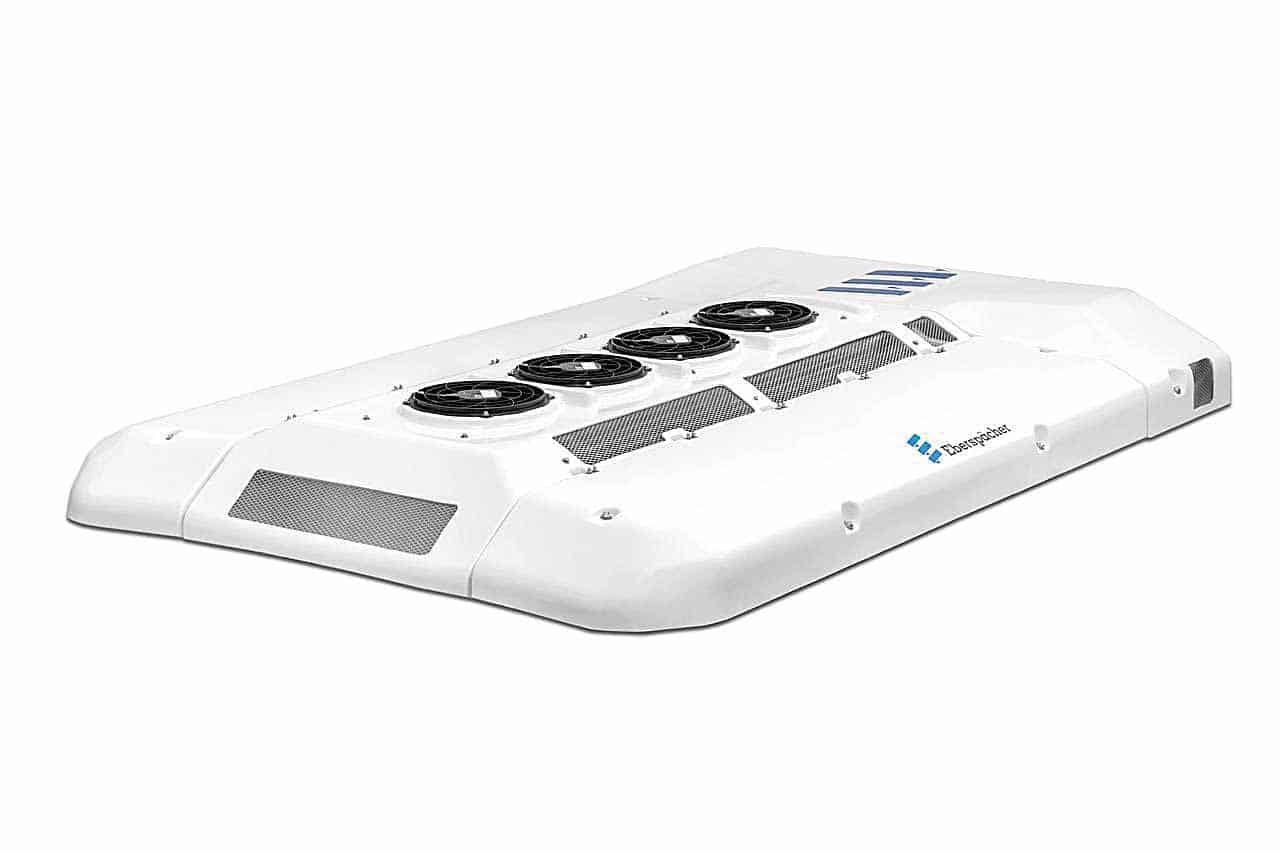
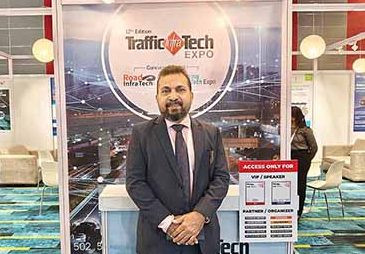

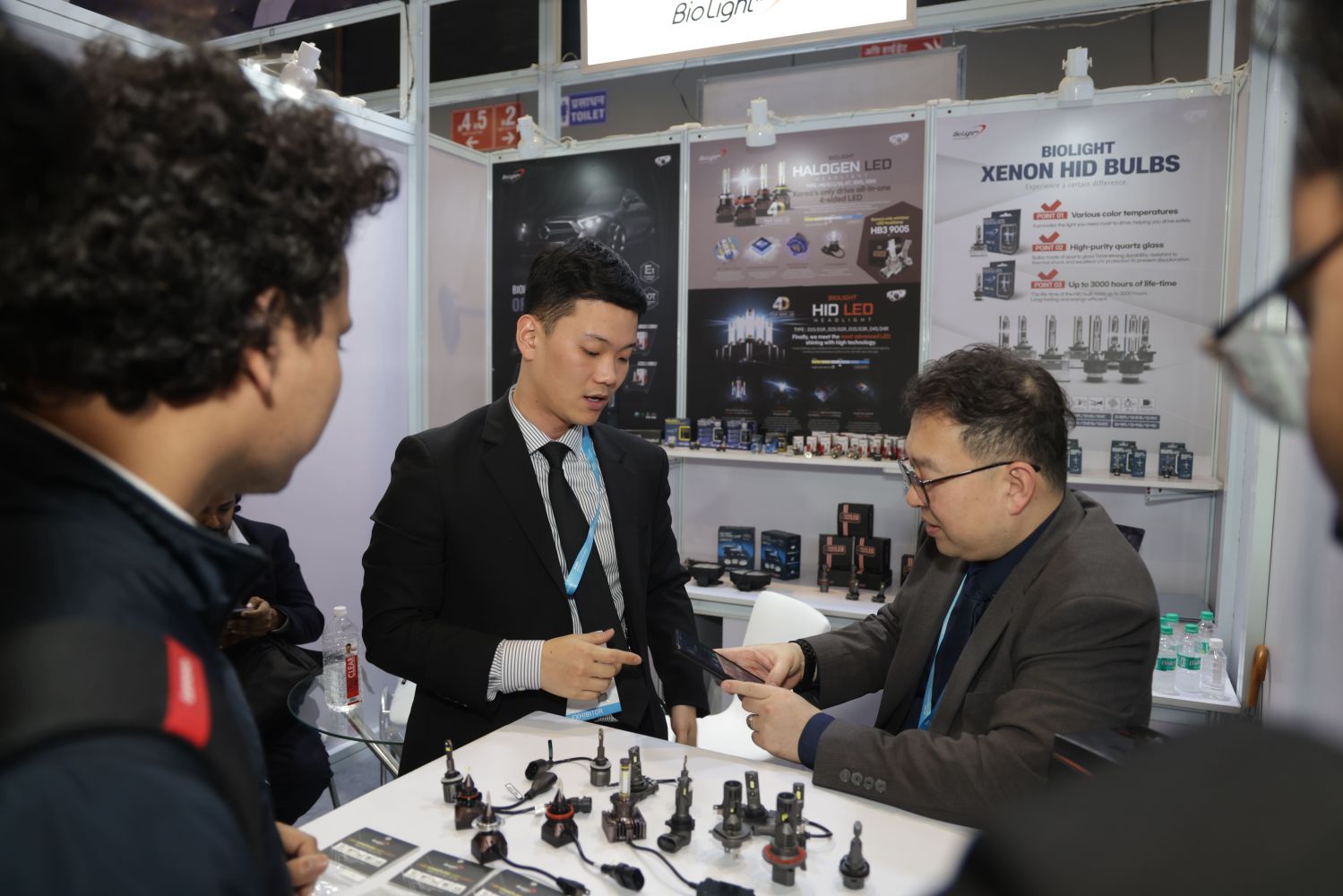
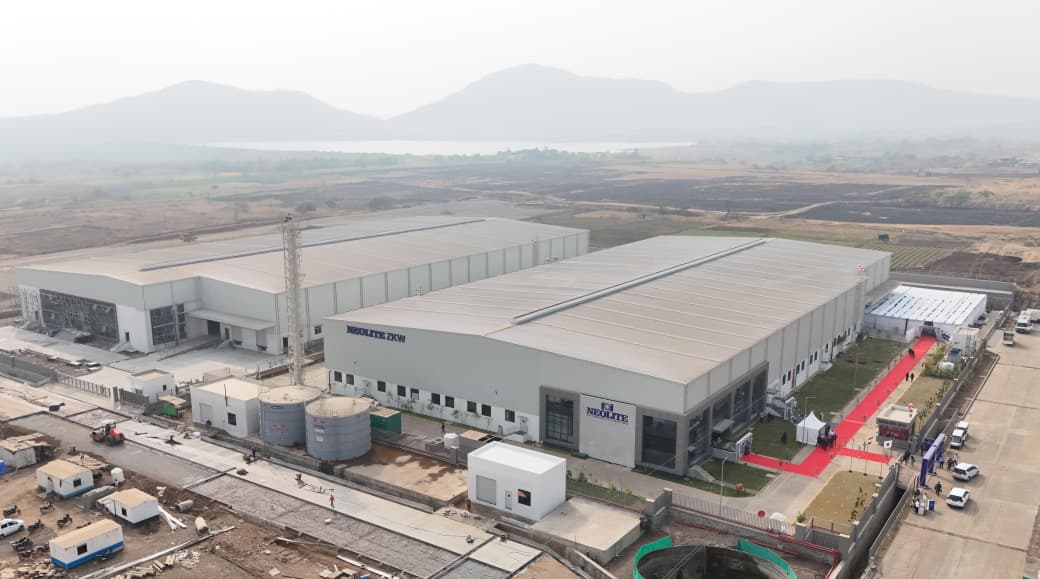
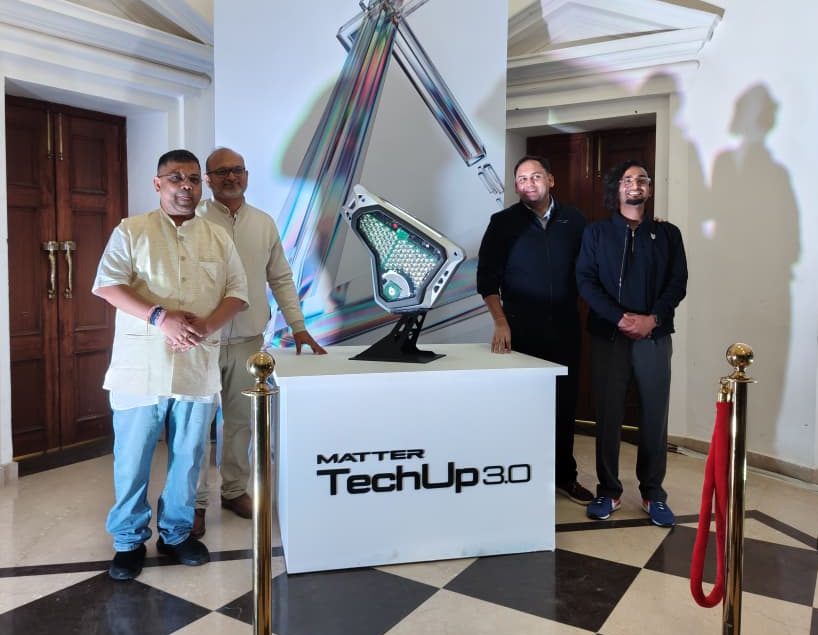
Leave a Reply